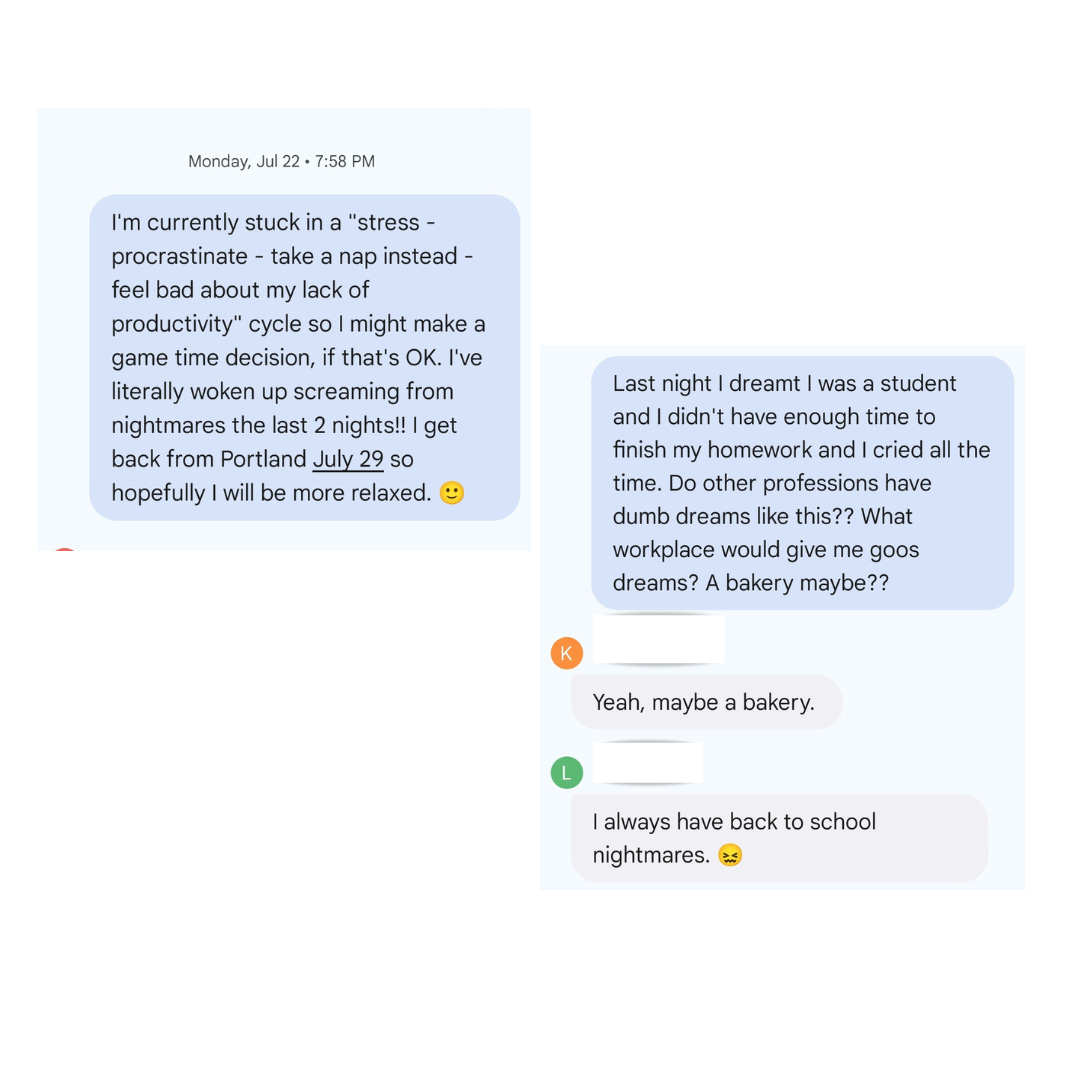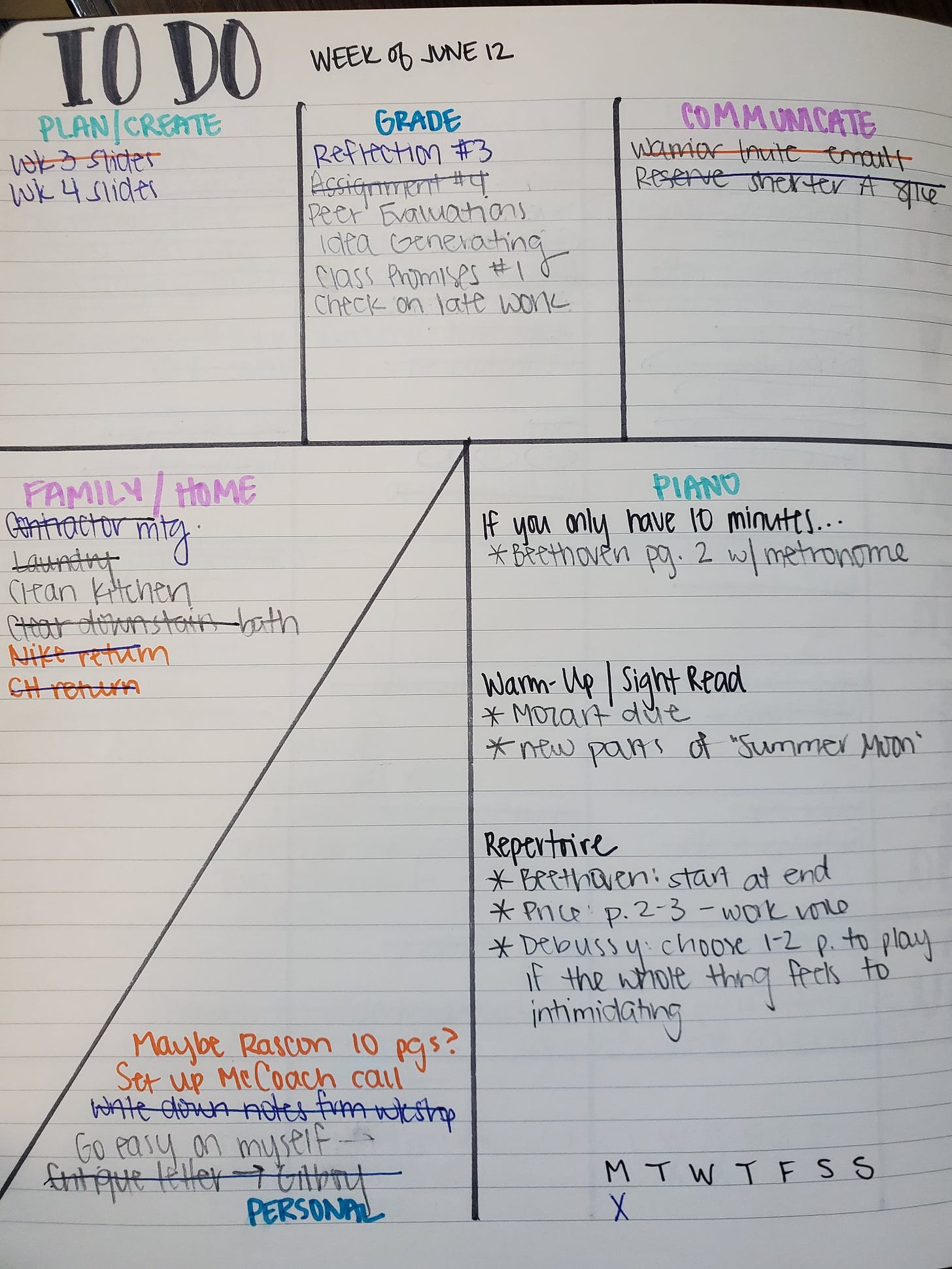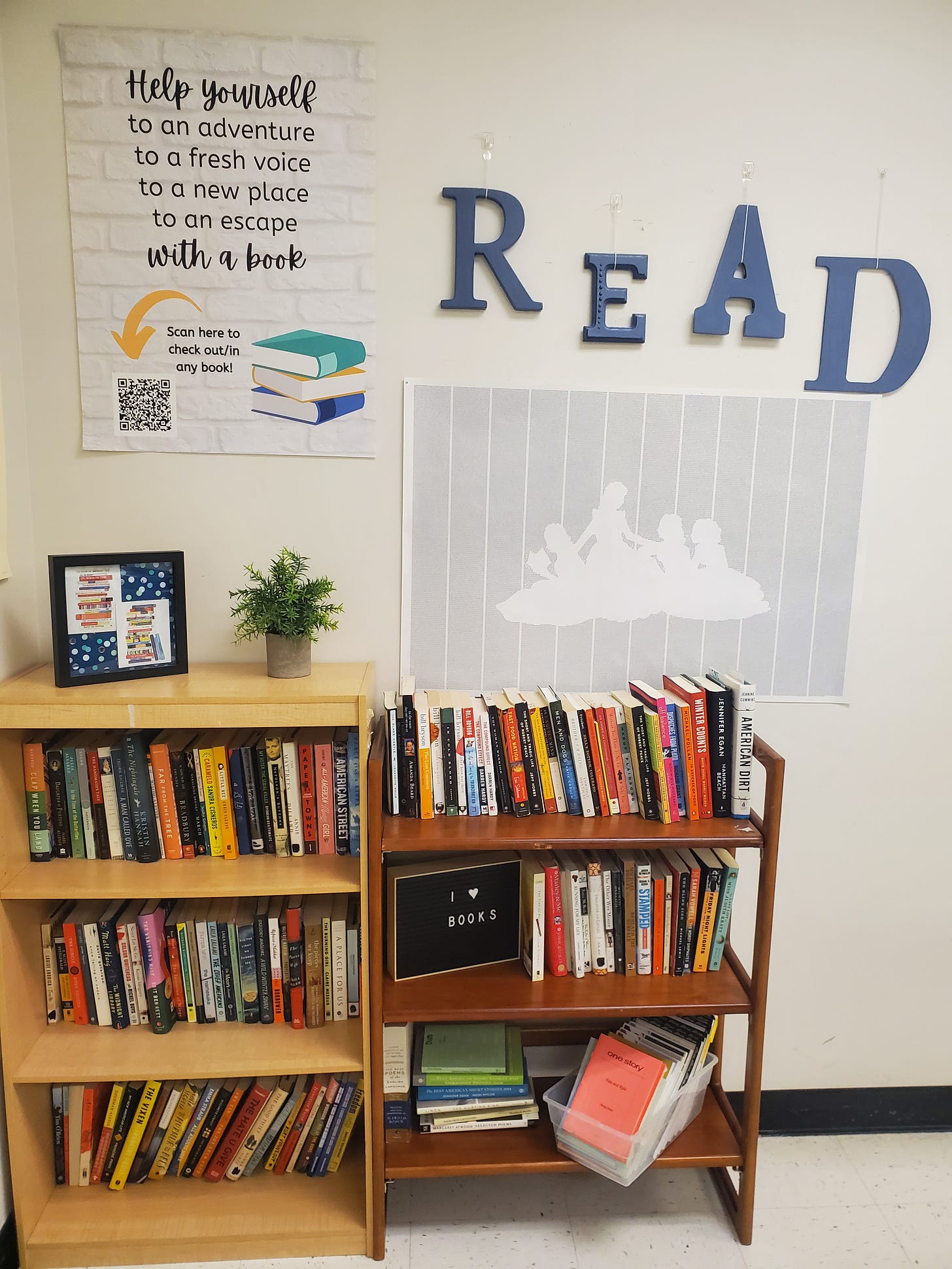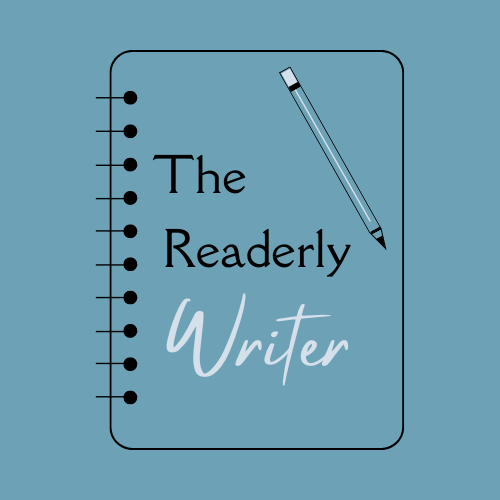Celebrating My Way out of a Creativity Block
How lifting up others helps to quiet my own insecurities
Usually I share book recommendations here, but the last few weeks have been so hectic that I’ve hardly had a chance to read. The back-to-school industrial complex would love to convince you that August is all about fresh notebooks, new beginnings, and color-coded bullet journals that will change your life. It’s an exciting time, sure, but as any teacher will tell you, the start of a new school year is also terrifying. I’m wrapping up the first week of my twelfth year of teaching, and I’m still having back-to-school nightmares.

All of these bad dreams got me thinking about writer’s block—or, because it applies across many facets of my life, what I like to call a creativity block.
Here’s what it looks like for me: I create an overly complicated to-do list. I complete the practical, easiest tasks first so I can feel the rush of crossing them off. But when all that remains is a list of aspirations rather than tasks, I freeze. My stomach does this strange maneuver that feels like it is shriveling in on itself, the way a contact lens left on the counter dries to a crisp. My heart bangs so hard beneath my ribs that I am certain others can see my whole body visibly pulsing. My head feels light, as if I’ve stood up too quickly, even though my body is still. I am stopped. I am stuck.

You know the feeling. You want to want to accomplish something, but you actually want to scroll on your phone, do the dishes, walk the dog, dust crevices of picture frames with a toothbrush—anything to avoid trying “the thing” because fear of the outcome prevents you from starting.
A creativity block, as it turns out, is nothing more than insecurity.
The Internet prescribes many remedies for breaking past a creativity block. Advice addressing writing in particular is hilariously contradictory. I’ve read enough craft books and attended enough author lectures to know that I should write every single day at a set time . . . and also whenever the mood strikes, or before my first cup of coffee, or after eleven PM, or whenever I can fit it in, or for two weeks a year, or only longhand in notebooks, or, I don’t know, only on Tuesdays under a full moon when the pollen count is low and I’ve had at least 80 ounces of filtered water to drink.
And I don’t know about you, but in the face of such overwhelming, good-intentioned advice, I tend to freeze and give into my creativity block. I don’t open the draft of my novel because I might not know what my character needs to say. I don’t plan that lesson because I’m not sure which introductory activity will be most effective. I don’t practice that Gershwin piece I’ve been wanting to learn for years because I’m pretty certain I’m going to mess up the left-hand chords again. So instead, I sink into lethargy and self-loathing.
My tendency, when feeling uncertain about my work or my dreams, is to retreat into myself. If I put up a barrier so other people can’t see my progress, or lack thereof, they can’t assess my progress. They can’t assess my worth.
Sound familiar?
Starting “The Readerly Writer” has helped to quiet my creative insecurities. And although I’m now adding to the bottomless list of unsolicited advice that is the Internet, if you, too, have felt the light-headed, stomach-shriveling physicality of a creativity block, maybe this approach will work for you, too.
When I established this newsletter, I envisioned a space where I could share posts about books I love. I wanted to write about books the way I speak about them with my friends and students, starting sentences with “You should read…” I hoped to build a collection of book reviews that were more than reviews. I wanted to write tributes about authors I admire and about books that inspire me because calling out the genius of others lifts me up as a creative person, too.
By championing other writers, I’m able to shift the focus from my own perceived shortcomings. I received my 864th rejection and still don’t have a literary agent? Who cares, have you read that sentence from 2 A.M. at the Cat’s Pajamas? Marie-Helene Bertino explains the weight of familial legacy in a wholly original way with the same expertise and ease that Simone Biles tosses off a triple-twisting couple-tucked salto backwards during her floor routine.
While I’ve chosen to shout out writers, this practice can apply to any discipline. There’s a reason viewership of the 2024 Paris Olympics increased almost 80% from the 2020 Tokyo Olympics: It’s fun to cheer for others, whether they are athletes or artists, musicians or writers, pastry chefs or gardeners. There’s a funny trend on Instagram and TikTok in which everyday people (read: not super-talented elite athletes) try to recreate iconic Olympic moments. The videos are ridiculous and silly. Are they made to get views? Sure. But it also looks like the people making them are having a pretty good time doing it, and I think that’s just as important.
Creativity begins with fun. It begins with awe. It’s jump-started the moment you see someone else achieve something spectacular, whether on the page or on the gym floor, and think, That’s incredible! Maybe I could try it, too.

That’s what “The Readerly Writer” does for me, and that’s what I try to do for my students in the classroom, year after year. I may not have learned how to start a new school year without the jitters, but I know that once I get in the classroom, I will put my energy into being my students’ champion as much as I am their teacher. I’m going to be the Snoop Dogg to their Olympics, the “Readerly Writer” to their short stories and essays, the person who starts my sentences with, “You should read this amazing piece your classmate wrote…”
Celebrating others gives us the time to hype ourselves out of our own insecurities so that we are able to show up for ourselves when we’re ready to give into creativity once more.
Bonus: If You Teach
I’ve put together lots of new teaching materials. You can find everything on my website or TPT store, but here are a few highlights:
For building class community: Last-Now-Next Reflection & Introduction Activity (and super easy wall display!)
For teaching or reteaching clear writing at a sentence level: Essential Sentence Skills (a set of 6 no-prep lessons with concept checks)
For analyzing an author’s style: Style Analysis Task Cards (for fiction and nonfiction)
For an effective, collaborative writing workshop: ReREAD to Revise Task Cards (just print and go!)
Thanks for reading! I’ll be back soon with another book that you should read.






